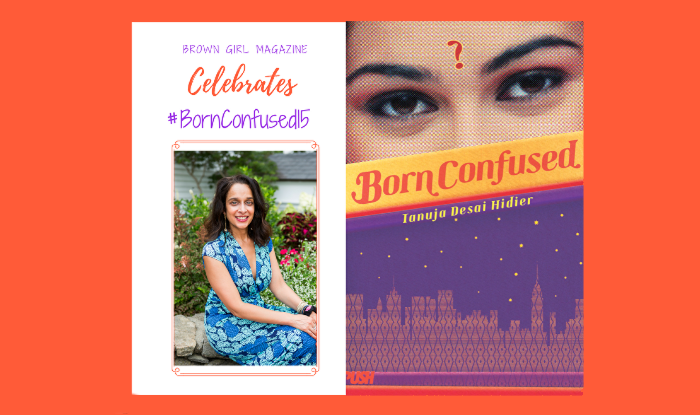
The book “Brown Girl Like Me“ is part toolkit and part call-to-arms: a brown girl manifesto that equips girls and women with the confidence and tools they need to navigate the difficulties of an intersectional identity.
Author Jaspreet Kaur has written a transformative guidebook, offering a poignant exploration of identity, resilience, and empowerment for brown girls worldwide. Through personal anecdotes, insights from influential figures, and a deep dive into intersectional issues, this book serves as both a beacon of inspiration and a roadmap for navigating the complexities of modern life. From confronting systemic challenges to celebrating the beauty of sisterhood and heritage, “Brown Girl Like Me” invites readers on a journey of self-discovery and empowerment, urging them to embrace their unique identities with courage, compassion, and strength.
[Read Related: Author Interview: Resilience and Power in ‘Her Brave Journey’ by Swati Singh]
I enjoyed interviewing Kaur. It added a rich layer of depth and insight, uplifting the narrative with her wisdom and experiences. Below are the excerpts from the conversation:
“Brown Girl Like Me” is a guidebook for brown girls around the world. Who were your guides growing up?
I was inspired by the giants on whose shoulders I stand: Amrit Wilson, Arundhati Roy, Srila Roy, the late Nawal El Saadawi, for their groundbreaking work and for making me believe a book like mine was even possible. The Black and Brown feminists of the ’70s and ’80s started the movements that many of us now have the power to continue.
What is the one piece of advice — not written in the book — that you would like to give your readers?
There is so much more to you than just being a brown girl. Remember there is so much in the world, outside of your brown identity, to explore and learn about. Keep your mind and heart open everywhere you go.
It’s PUBLICATION DAY!??
After years of planning, researching, interviewing, writing & pitching, BROWN GIRL LIKE ME is officially born ?
A brown girl revolution is in motion, where we finally give ourselves the permission to LOVE who we are. Bibis to betis – our day is here? pic.twitter.com/utzFz6gMcM
— Jaspreet Kaur (@behindthenetra) February 17, 2022
What did you learn when writing the book?
Some of the most interesting learnings came from Beeji, my grandma-in-law, who I am a caregiver for. Her nuggets of wisdom are weaved throughout the book.
One of the most interesting findings was how brown women are so used to putting up with pain. Combine this with the lack of research and funding going into South Asian women’s health (compared to white-cis-men), it means that women’s pain is often dismissed, their illnesses misdiagnosed or ignored. It’s known as the Yentl Syndrome.
You’ve written on many topics, from colorism to menstruation to mental health; is there any other topic you would like to elaborate more on?
If I had the chance to dive into one more topic, it would most likely be to elaborate on the impact of the digital age on women of colour.
View this post on Instagram
What do you want the readers to take away from “Brown Girl Like Me?”
Being a Brown girl is like Pianoforte — it’s the mid-18th century Italian origin of the word piano. It means soft but strong. That’s what a brown girl means to me. Typically, “soft” is used as a negative attribute, meaning someone is weak or submissive. But I see soft in the most beautiful way; we are caring, loving, nurturing, and giving. But synonymously, with the strength of our ancestors and sisterhood growing around us, we are strong; we are resilient, intelligent, fierce, and powerful.
[Read Related: 5 Books by South Asian Authors to add to Your Book List]
You can grab a copy of “Brown Girl Like Me” here.






